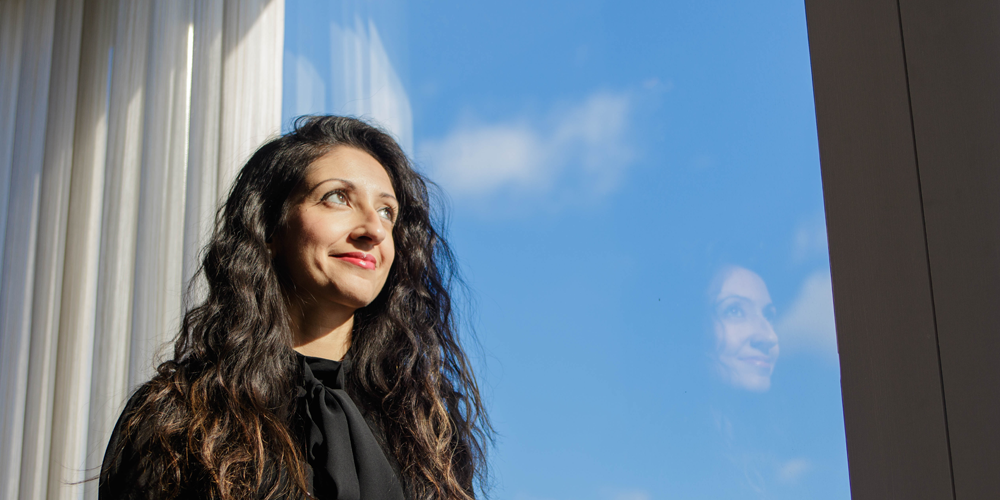Finding flow is like finding God, because it’s a state of pure presence and bliss, where you feel truly alive in the moment. Flow, also called “the zone,” is the that intersection between the level of skill you bring to a task and the challenge it offers. It’s a mental state you achieve when you are fully immersed in an activity with energized focus and enjoyment. Such convergence is something quite akin to meditation. In pure meditation, time stops as the rational mind quietens down and all borders, chronological and otherwise, dissolve. Stepping into flow is like getting high, without the gnarly side effects. I think so many people chase the highs from drugs because they crave that feeling of time suspension, creative liberation, and relief from attachment to thoughts and pain. The thing is, pure flow is not about numbing out. In fact, it’s the opposite. Flow is a spiritual journey requiring effort and readiness, from which great clarity comes, much like the trip we talked about earlier with regard to DMT and ayahuasca. It’s a state of hyperfocus where you are rising to the challenge of a scenario commensurate with your level of skill. Thus, you can’t chase the high, you must actually work toward it and be ready to meet it when it finds you in the flow space. You must embrace the growth opportunities that arise so you can get strong enough in whatever you are drawn to – writing, violin, surfing, yoga, poker, guitar – that when you find a flow opportunity, you are ready to meet it without fear or reservation. It also means you must be careful with your energy expenditure; use it sparingly and get really focused on your true passions or those experiences that will be deeply rewarding. This is not an easy thing to do, but has huge payoffs in your level of achievement and satisfaction with life. I don’t say “yes” to every opportunity I am offered, even if I am really tempted to experience it. Like a chance to network and expand my professional horizons. I find small talk to be one of the most exhausting activities for me. I could real talk for hours, but the small talk, the conversation that’s not soulful, depletes me. That means I have far less left over to channel into my creative pursuits when I’ve had an evening of that. I’m mindful of that now, and assess networking based on the opportunity cost to other areas of my life. This has also been very relevant for me over the course of writing this book. It takes every skill I have, not just in writing, but also in mindfulness (focus), memory to recall facts and experiences, and grit, staying the course over hours, days and months to get thoughts down that are pure and beneficial for you, my readers. You can bet there were many times I had to say “no” to hanging out with friends and family, especially in travel contexts, one of my favorite things to do, because the book needed my energy and attention. It has also meant that when an idea came to me, or I had a wave of inspiration, I had to hold it in my mind until I could write it down and flesh it out. Inevitably, these moments happened in yoga classes, while driving, talking to my sister, mom, or best friend, etc. The point is, they weren’t situations often conducive to halting and writing. I had to stay very focused to the moment, make notes or record thoughts immediately after, and then return to them when I was in a place of readiness to write. This took a great deal of consistent energy rather than quick bursts, staying “on” all the time so I could be continuously aware and inspired. That sustained energy comes from conserving it for the long haul, and conserving meant scaling back on anything overly depleting. It’s like eating a protein-based meal versus a sugar-and-caffeine one. The former gives you a slow burn of energy while the latter a rush and then a crash. Only if you conserve your energy will you have enough to bring your best self to the next flow opportunity, and execute on a level commensurate with your mastery.
Finding Flow is Like Finding God


0 Comments